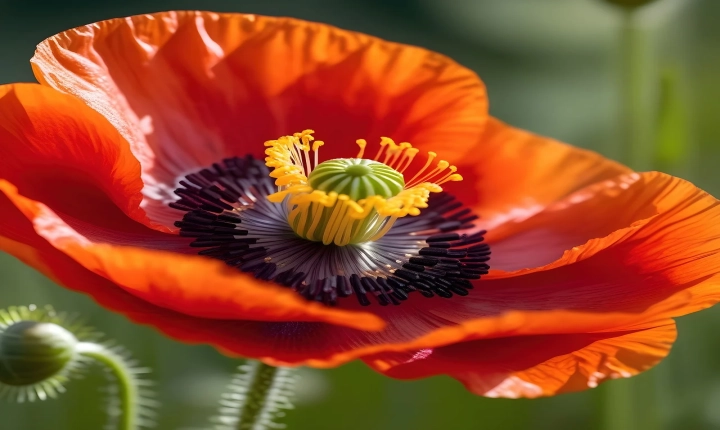Title: Can You Copyright AI-Generated Music?
The advent of artificial intelligence (AI) has led to remarkable advancements in the field of music creation. As AI algorithms become more sophisticated, they are capable of composing original pieces of music that are remarkably complex and compelling. However, this boon in AI-generated music has raised complex questions about copyright law and intellectual property rights.
The fundamental question that arises is whether AI-generated music can be copyrighted. Copyright law traditionally protects original works of authorship, such as music, literature, and art, that are fixed in a tangible medium of expression. This protection gives the copyright holder the exclusive right to reproduce, distribute, perform, and display the work. However, the question of authorship and originality in the context of AI-generated music poses a significant challenge.
One argument is that AI-generated music lacks the human creativity and emotional depth that are characteristic of traditional compositions. Proponents of this view posit that since AI lacks consciousness, emotions, and personal experiences, its creations cannot be considered original works entitled to copyright protection. This perspective raises the question of whether the lack of human involvement in the creative process disqualifies AI-generated music from copyright protection.
On the other hand, advocates for recognizing copyright for AI-generated music argue that the creative input in training and establishing the AI system should not be disregarded. Human developers and programmers curate and train the AI algorithms, select the parameters, and input datasets, which significantly influence the output of the AI-generated music. Therefore, they argue that the human involvement in creating the AI system should qualify for copyright ownership of the music produced by the AI.
In response to the complexities surrounding AI-generated music and copyright, some legal systems have proposed alternative solutions. For instance, the European Parliament has considered the option of granting copyright to the creators of AI-generated works, thereby bypassing the debate about the creative rights of AI itself. Additionally, there are discussions about implementing new legal frameworks that would recognize the rights of both AI systems and their human creators.
Another emerging consideration is the creation of specific regulations and standards that would govern the copyright protection of AI-generated works, thereby offering clarity and legal protection to the stakeholders involved.
Furthermore, the advancements in AI technology have also prompted the need to consider the ethical implications of AI-generated music, including concerns about misappropriation and infringement of existing copyrighted works. As AI systems become more proficient in emulating established musical styles, there is a growing concern over potential copyright infringement, as well as the need to distinguish between the original and borrowed elements in AI-generated music.
In conclusion, the intersection of AI technology and copyright law presents a complex and evolving landscape. As AI-generated music becomes more prevalent, it is imperative for legal frameworks and policymakers to address the question of copyright protection for AI-generated works. Balancing the rights of AI systems and their human creators, while also respecting existing intellectual property laws, requires carefully crafted and updated regulations. Ultimately, the resolution of these issues will shape the future of AI-generated music and the broader implications for copyright law in the digital age.
